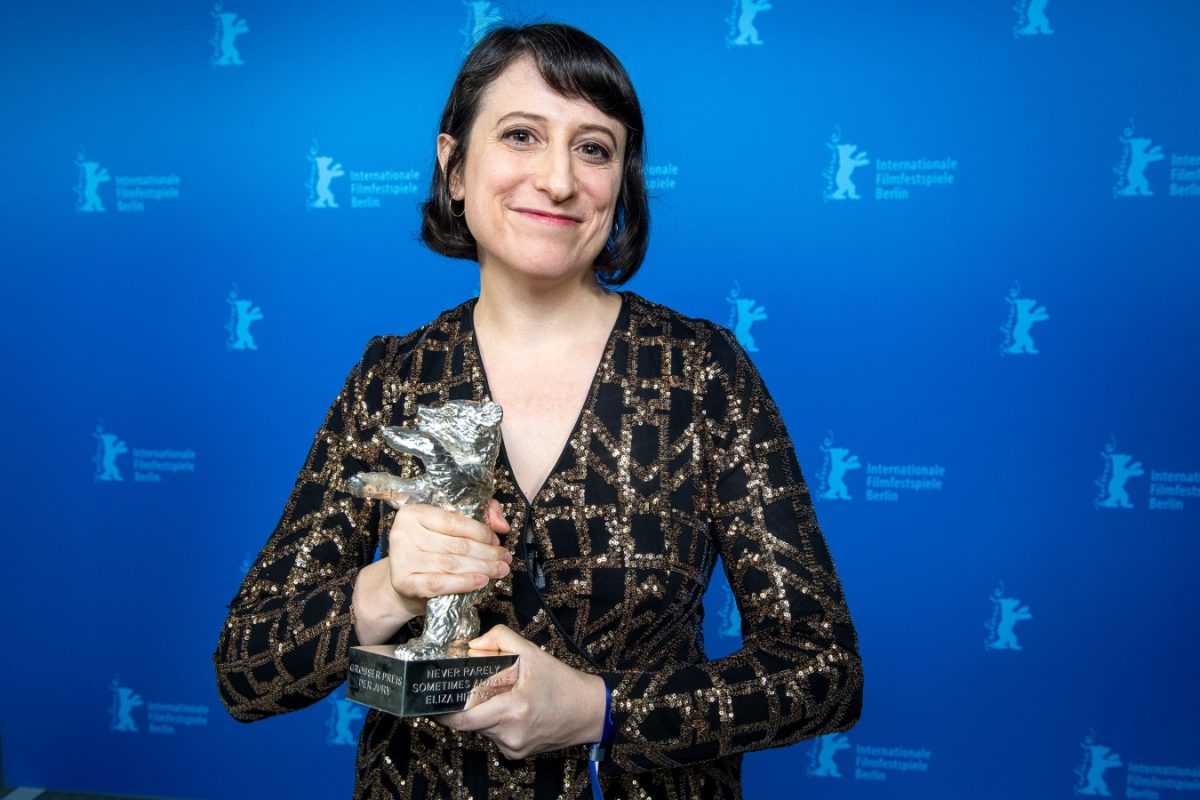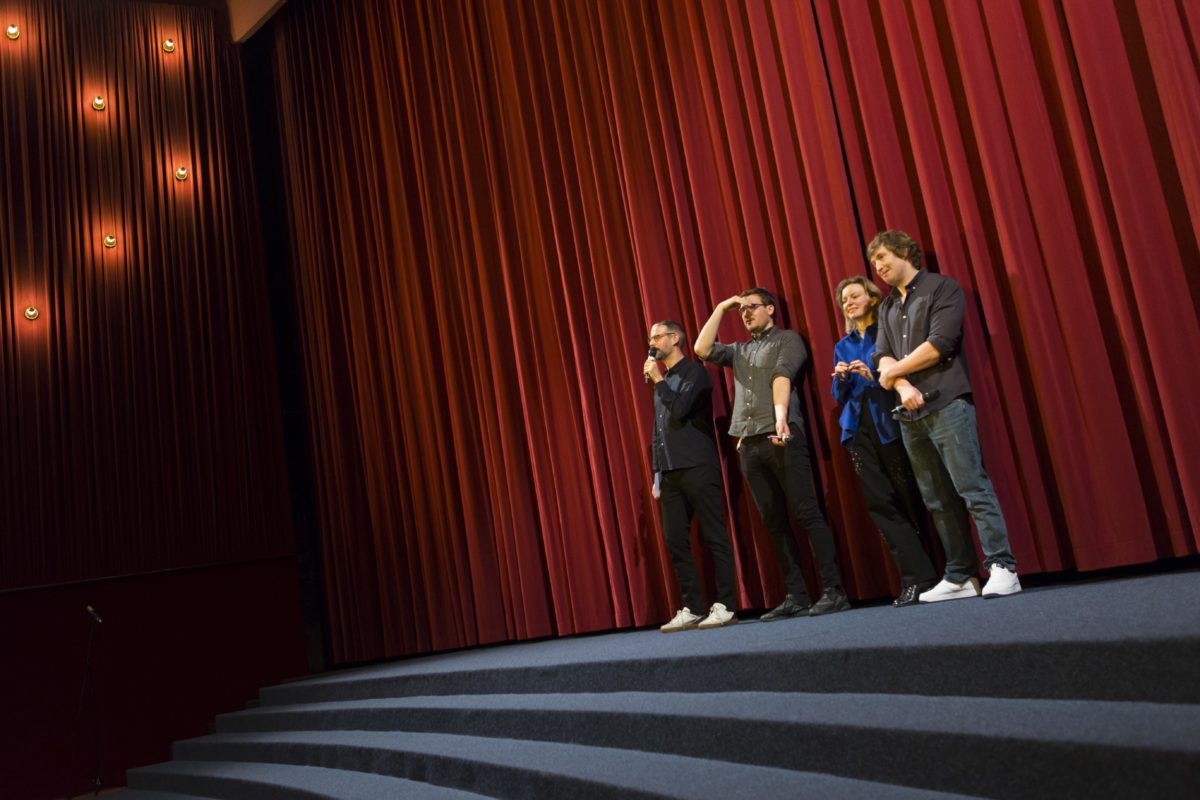The 70th edition of the Berlin International Film Festival is now in the books. The jury, featuring Jeremy Irons, Bérénice Bejo, Bettina Brokemper, Annemarie Jacir, Kenneth Lonergan, Luca Marinelli, and Kleber Mendonça Filho, shared their award winners–and now here’s a look at what we admired the most during the festival.
Featuring a fair bit of cross-over, check out our favorites below and return for more coverage (including reviews and interviews). Also, be sure to follow us on Twitter for updates as these films get distribution and release dates.
DAU. Degeneration (Ilya Khrzhanovsky and Ilya Permyakov)
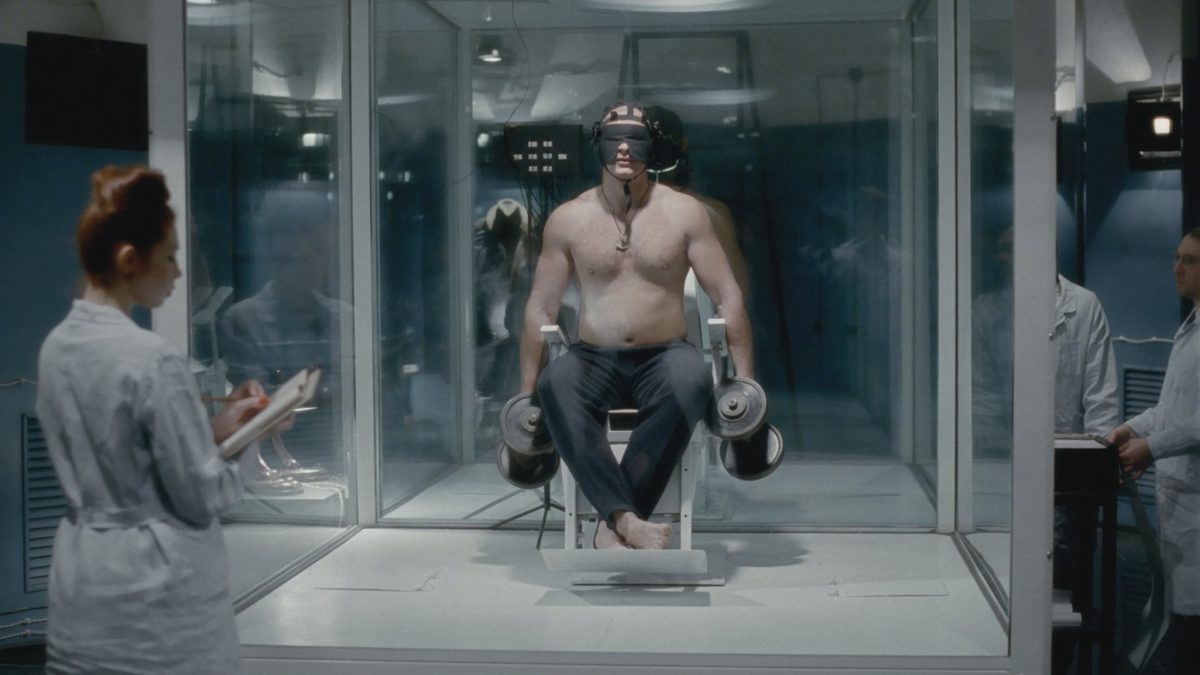
Degeneration runs just a few beats shy of six hours; it takes in a multitude of characters, tones, locations, philosophies, and subplots; a timespan of numerous years; real-life visiting scholars, playing themselves, who conduct behavioral experiments and give lectures, most akin to little Soviet TED talks. There are experiments involving real babies, real monkeys, a Tesla coil, and featuring various occult practices and Eastern philosophies. There are echoes of movies like Salo, The Seventh Continent, and Funny Games–other art films that proved too provocative for their time. – Rory O. (full review)
DAU. Natasha (Ilya Khrzhanovskiy, Jekaterina Oertel)
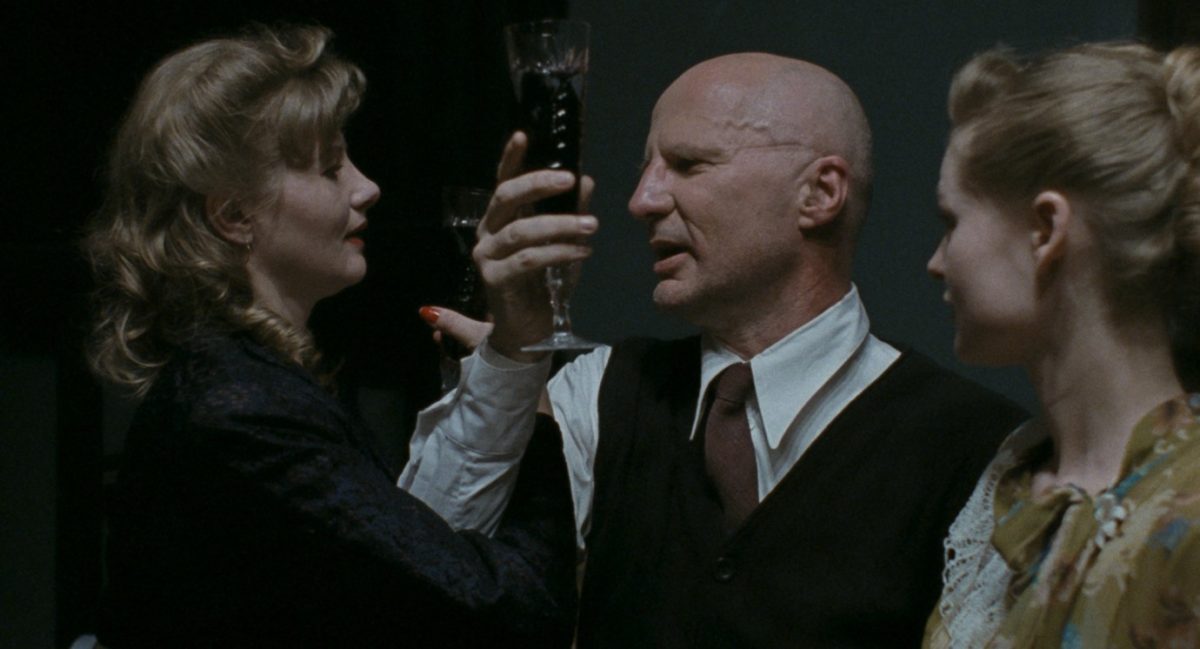
It is no use of hyperbole to suggest that DAU. Natasha already looks like one of the most provocative art films ever made. The first strictly theatrical feature to be released from Ilya Khrzhanovsky’s gargantuan, unprecedented DAU project (12 other films were shown at an immersive exhibition in Paris last year), it offers the viewer a kind of Westworld-style trip into a fully realized Stalinist world; a frighteningly believable place where seemingly no act is deemed unfit for the screen. Further installments are alleged to be on their way to Cannes and Venice. May God help us all. – Rory O. (full review)
Days of Cannibalism (Teboho Edkins)
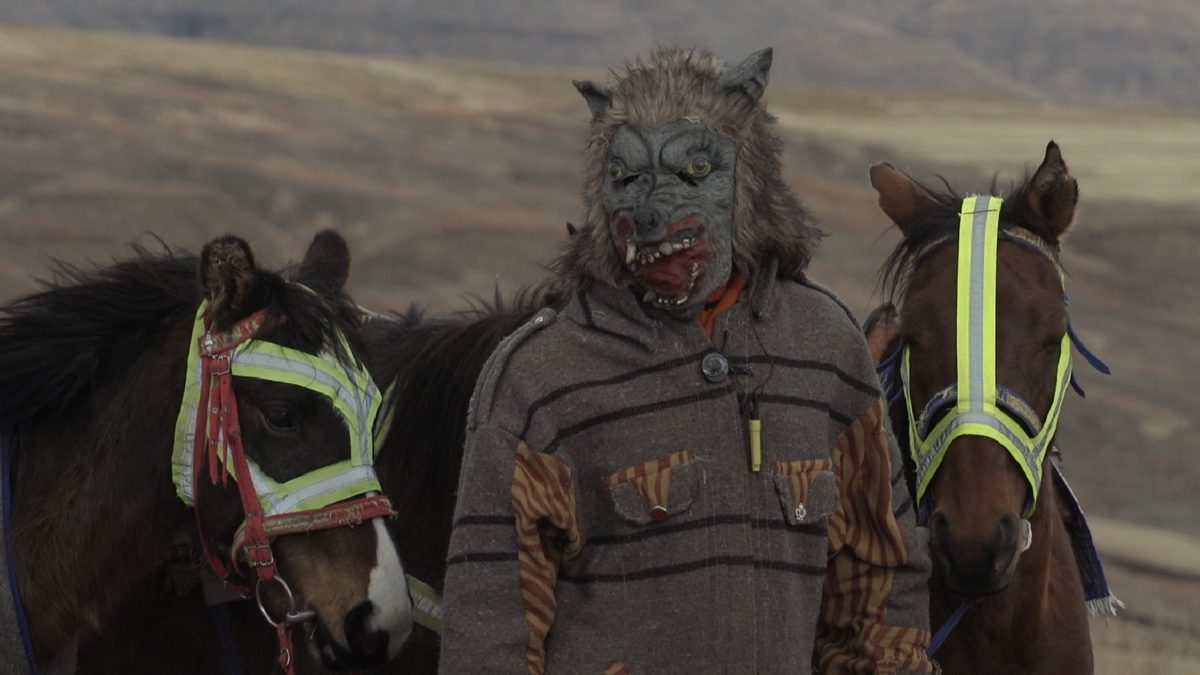
Two cultures clash as a wave of anti-immigrant rhetoric spreads over a country in Teboho Edkins’ profound documentary Days of Cannibalism, which focalizes the China-Africa relationship in rural Lesotho, an enclaved country surrounded by South Africa. Utilizing an observational vérité approach, Days might be light on context, but even within these self-imposed limitations, the film reveals both the universality of cultural conflict and the highly specific economy of the Basotho people. – Christian G. (full review)
Goddess of the Fireflies (Anaïs Barbeau-Lavalette)
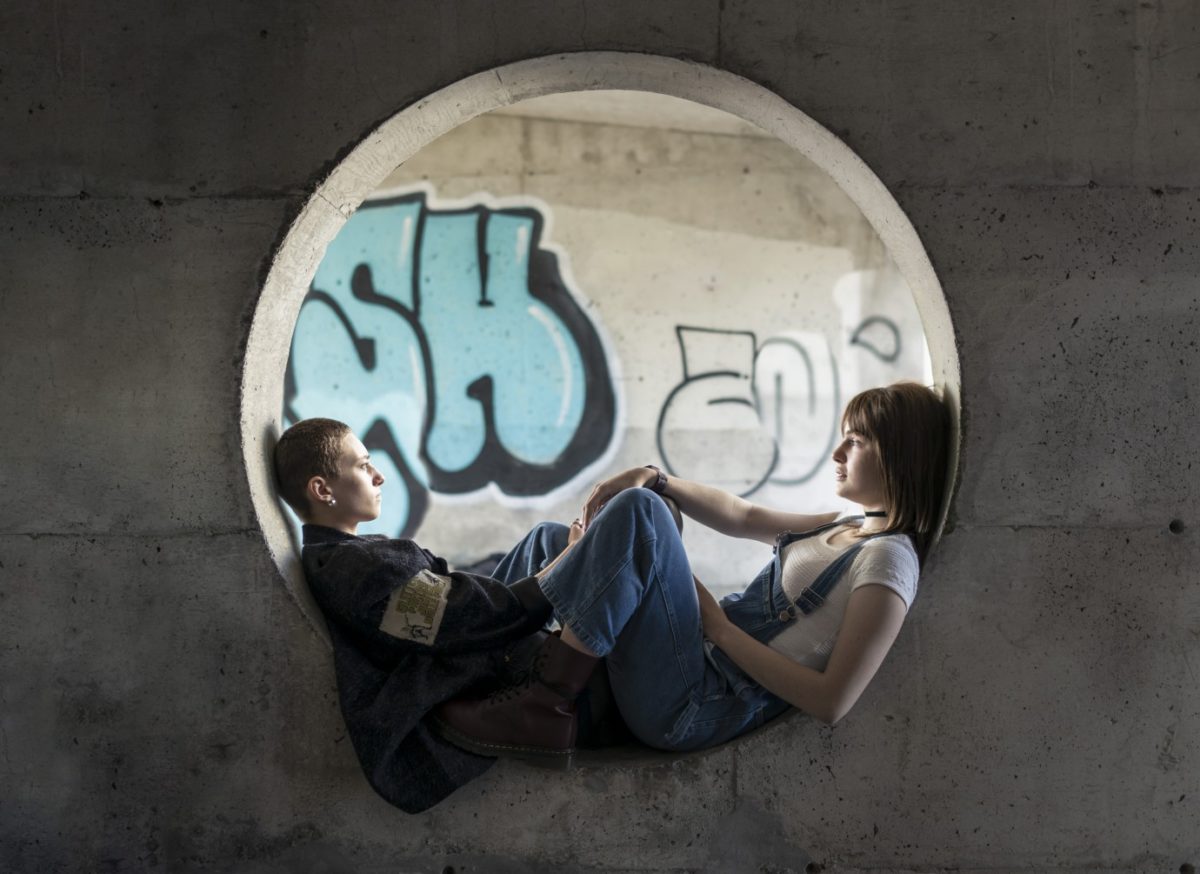
Die-hard grunge fan (and drug dealer) Fred (Noah Parker) tells Catherine (Kelly Depeault) she can’t play her Hole CD because Courtney Love killed Kurt Cobain. It’s a remark that was probably half joke and half memorial that leads into Keven (Robin L’Houmeau) dropping the necessary wisdom of knowing Love wouldn’t have been able to stop him if she tried. Cobain wasn’t a victim. He lived hard and walked a road of his own making to an end he ultimately embraced enough to pull the trigger. It’s the same type of lives these Québécois teens lead—mescaline, sex, rock-n-roll, and rage. So when Catherine replies with an “I don’t care” after being confronted about her fast-moving downward spiral, she isn’t being flippant. She truly doesn’t. She’s embraced the risks. – Jared M. (full review)
Gunda (Victor Kossakovsky)

In 2018, Victor Kossakovsky set out to shoot Aquarela, a survey-symphony that took the Russian documentarian around the world to capture glaciers, waterfalls, frozen lakes, oceans, and storms. Water, art-speak waffle as it may sound, served as Aquarela’s only protagonist: in that hyper-high-definition blue canvas, human faces seldom popped up, and voices were seldom heard, as Kossakovsky’s focus centered squarely on his liquid star alone. A mystifying follow-up working again to question and depart from an anthropocentric perspective, here comes Gunda, a black-and-white, dialogue-free documentary chronicling a few months in the lives of the animals stranded in a Norwegian farm. – Leonardo G. (full review)
Last and First Men (Jóhann Jóhannsson)

If any film composer of the last decade defined the period best, it might’ve been Jóhann Jóhannsson, whose synthy, epic tones captured the turbulent, globalized environment of the new century. His work with Denis Villeneuve (Prisoners, Sicario) turned him into a Hollywood name, but the Icelandic instrumentalist was also a musician in his own right who toured the world and released his own records. I’m writing in the past tense, of course, because Jóhannsson died in 2018, though not before he completed his final work, an installation with orchestra combining film and music–with narration by Tilda Swinton–from where this extraordinary cinematic odyssey emerges in its apparently intended final form. Its vision of an apocalyptic extinction inevitably garners interpretations as something of an epitaph to his life and career. – Ed F. (full review)
Malmkrog (Cristi Puiu)
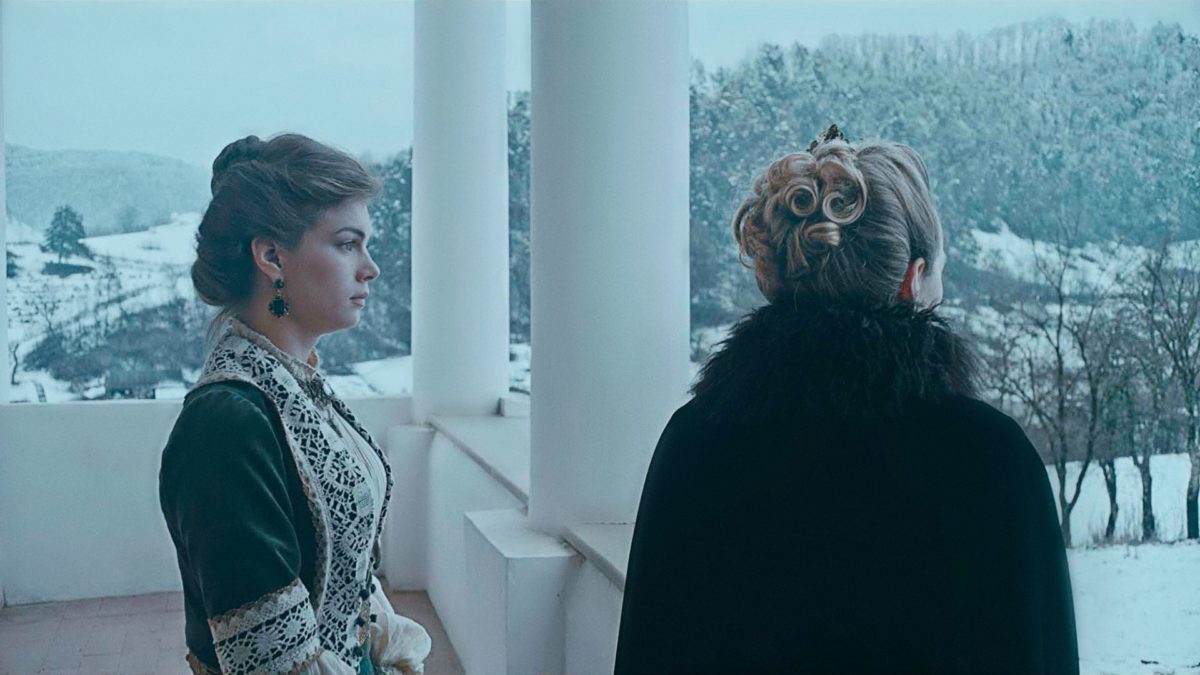
In Malmkrog, a group of Russian aristocrats gather in a grand rural estate to wax philosophical during a long and luxurious dinner party. The film offers seemingly the closest thing to a direct screen staging of Russian philosopher Vladimir Solovyov’s War and Christianity: The Three Conversations. At 200 minutes, it runs just a few breaths short of Stanley Kubrick’s 2001: A Space Odyssey but seldom ever leaves the confines of the decadent surrounding–indeed, the majority takes place in just three rooms. The dialogue sounds as if it has been taken verbatim. The camera hardly moves. We recommend caffeine, or perhaps something stronger. – Rory O. (full review)
There Is No Evil (Mohammad Rasoulof)
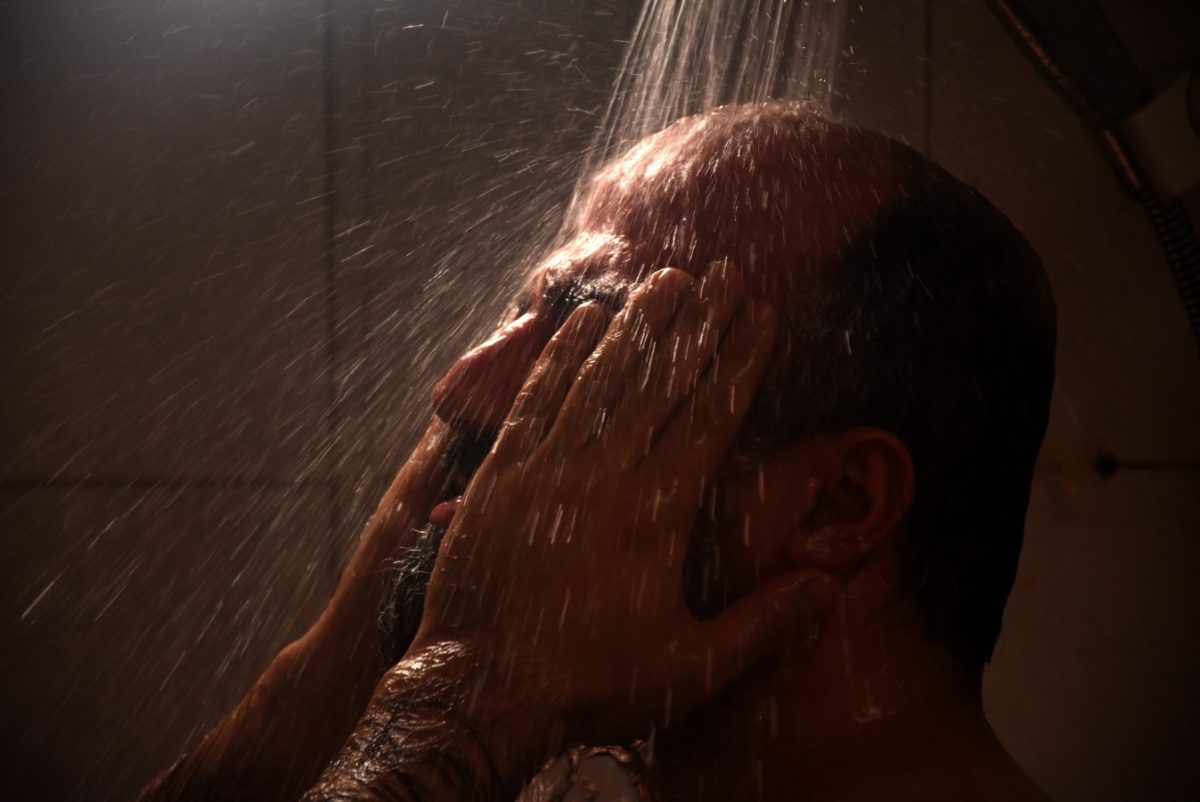
Iranian director Mohammad Rasoulof won Cannes’s Un Certain Regard award in 2017 with his bruising, brilliant drama A Man of Integrity, which explored how an oppressive regime crushes independent thought. On his return to his home nation, he was arrested, thrown in prison for a year, banned from leaving Iran, and forbidden from filmmaking for life. Not that it stopped him. Just three years later, he’s made a major work of recent Iranian cinema. Not since A Short Film About Killing has a filmmaker produced such a thrilling case against capital punishment, an enraging, enthralling, enduring testament to the oppressed. – Ed F. (full review)
The Woman Who Ran (Hong Sang-soo)
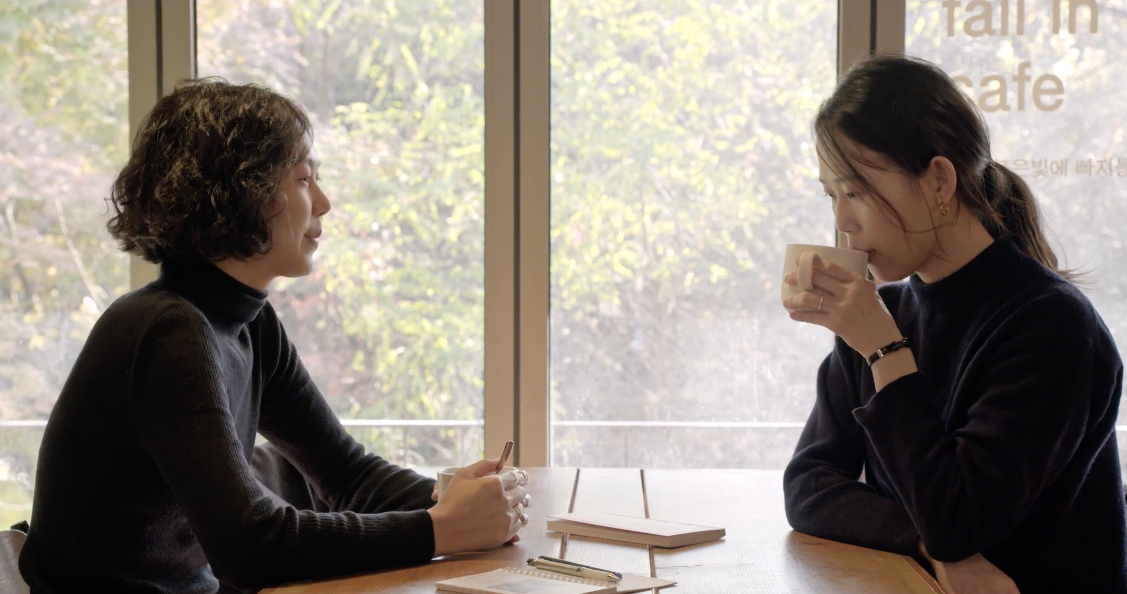
The Woman Who Ran opens on a lovely shot of hens. The camera then pulls back to show the garden of a middle-class apartment block where a woman named Youngsoon (Seo Younghwa) tells another, Youngji (Lee Eunmi), about her hangover. The lighting is natural; the performances and sentiment are, too. Hong Sang-soo’s cinema is one of repetition and anyone familiar will not take long to discern The Woman Who Ran as his own. He rinses; he washes; he repeats. – Rory O. (full review)
The Rest
Note: includes films that premiered at past festivals but played at Berlinale.
First Cow (A-)
Hope (A-)
Never Rarely Sometimes Always (A-)
Bloody Nose, Empty Pockets (B+)
Shirley (B+)
The Twentieth Century (B+)
The American Sector (B)
Anne at 13,000 ft (B)
The Assistant (B)
Los Conductos (B)
Isabella (B)
The Metamorphosis of Birds (B)
My Little Sister (B)
Onward (B)
Swimming Out Till the Sea Turns Blue (B)
Undine (B)
Days (B-)
Funny Face (B-)
Red Moon Tide (B-)
Surge (B-)
Jumbo (C)
My Salinger Year (C)
Window Boy Would Also Like to Have a Submarine (C)
Interviews
Tsai Ming-liang on His New Approach to Filmmaking and Why Days Doesn’t Need Subtitles
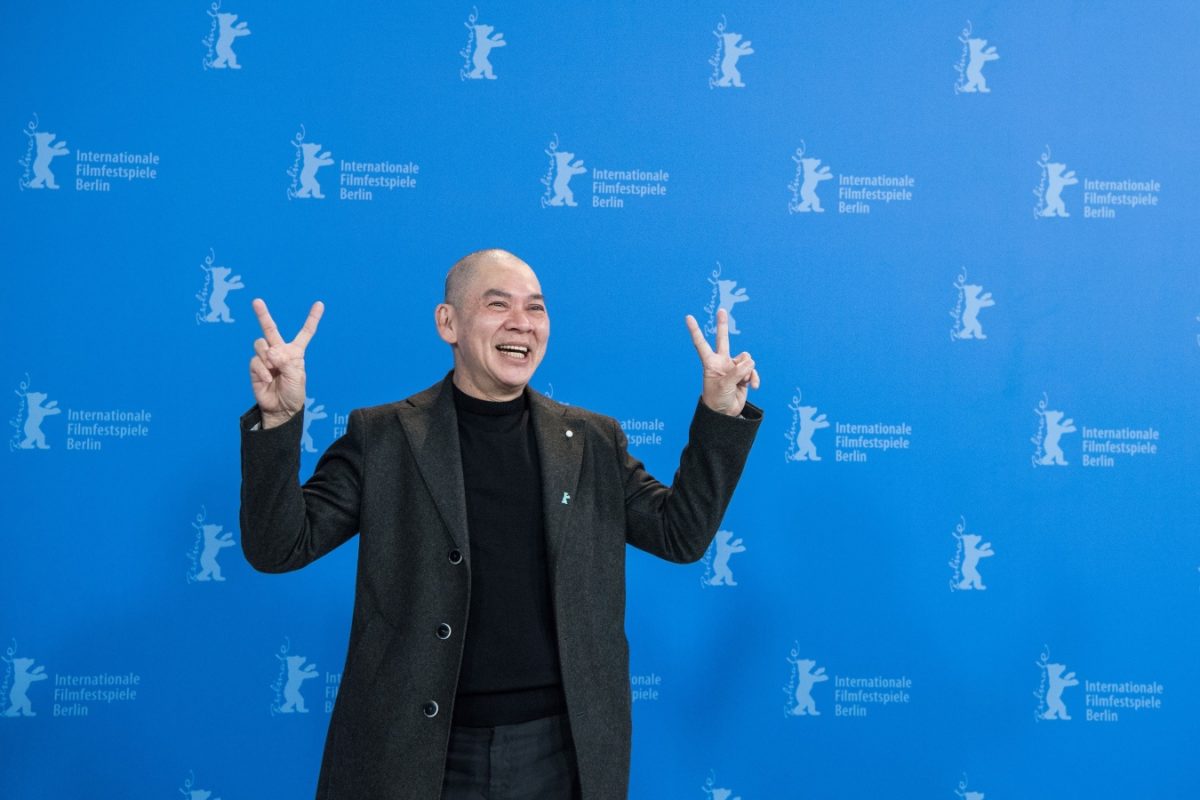
Eliza Hittman on the Subjectivity and Empathy of Never Rarely Sometimes Always
